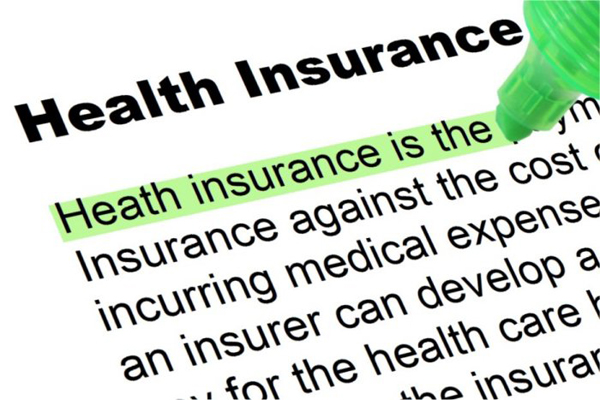- South Texas Students Meet Accordion Music Icons Los Tigres Del Norte In Edinburg Thanks To Khs America/Hohner Alianza Académica Initiative
- Fragile Planet Offers a Nighttime Wildlife Experience
- Falcons Soccer Off & Running
- Cameron County Receives Funds to Improve Two Parks
- Falcons Complete First Half of 32-6A
- School District to Help out Victims of California Wildfires
- Sand Castle Days Continued Despite Unexpected Weather
- Ready for District
- Discussion of Garbage Dumpster Rates, Agreements Between State & City on Highway Regulations, and More
- 31st Annual Shrimp Cook-Off is Right Around the Corner
Trump’s Inexpensive Coverage Could Come with a Price
- Updated: June 29, 2018

A new federal rule could allow health insurers to exclude people who are ill or have preexisting conditions from coverage. Photo: Nick Youngson
by Eric Galatas
AUSTIN, Texas — The Trump administration has cleared the way for an unprecedented expansion of inexpensive health insurance that critics say will drive up prices for more comprehensive plans.
The new federal regulation allows small employers to join together to create so-called association health plans, which are exempt from some critical insurance safeguards. According to Cheryl Fish-Parcham, director of access initiatives with the health care advocacy group Families USA, such plans often end up being so limited that they’re insurance in name only.
“They don’t have to provide a minimum value of coverage. They don’t have to provide mental health benefits; they might not have to provide maternity benefits,” Fish-Parcham said. “So, there are really limited benefits being offered in these plans.”
The administration has said the plans will spur competition in the insurance market. But critics warn the new rule will lead to more people being denied coverage and more medical bankruptcies.
Fish-Parcham said these plans also are allowed to discriminate against people who are sick or who have preexisting medical conditions.
“This segments the market into a market for the healthy and a market for the sick,” she said. “And there are many ways that the market for the sick becomes even more expensive.”
She added that association health plans are more difficult to oversee, which opens the door for unscrupulous companies to sell very low-cost plans that don’t actually cover medical claims. But, she said, states may be able to step in to weed out the companies that are defrauding consumers.
“Unfortunately, that’s going to take resources that states may not have,” Fish-Parcham said. “Their insurance departments will have to step up quite a lot to oversee these plans.”
The new rule was drafted by the Labor Department under an executive order signed by President Donald Trump in October of 2017.
